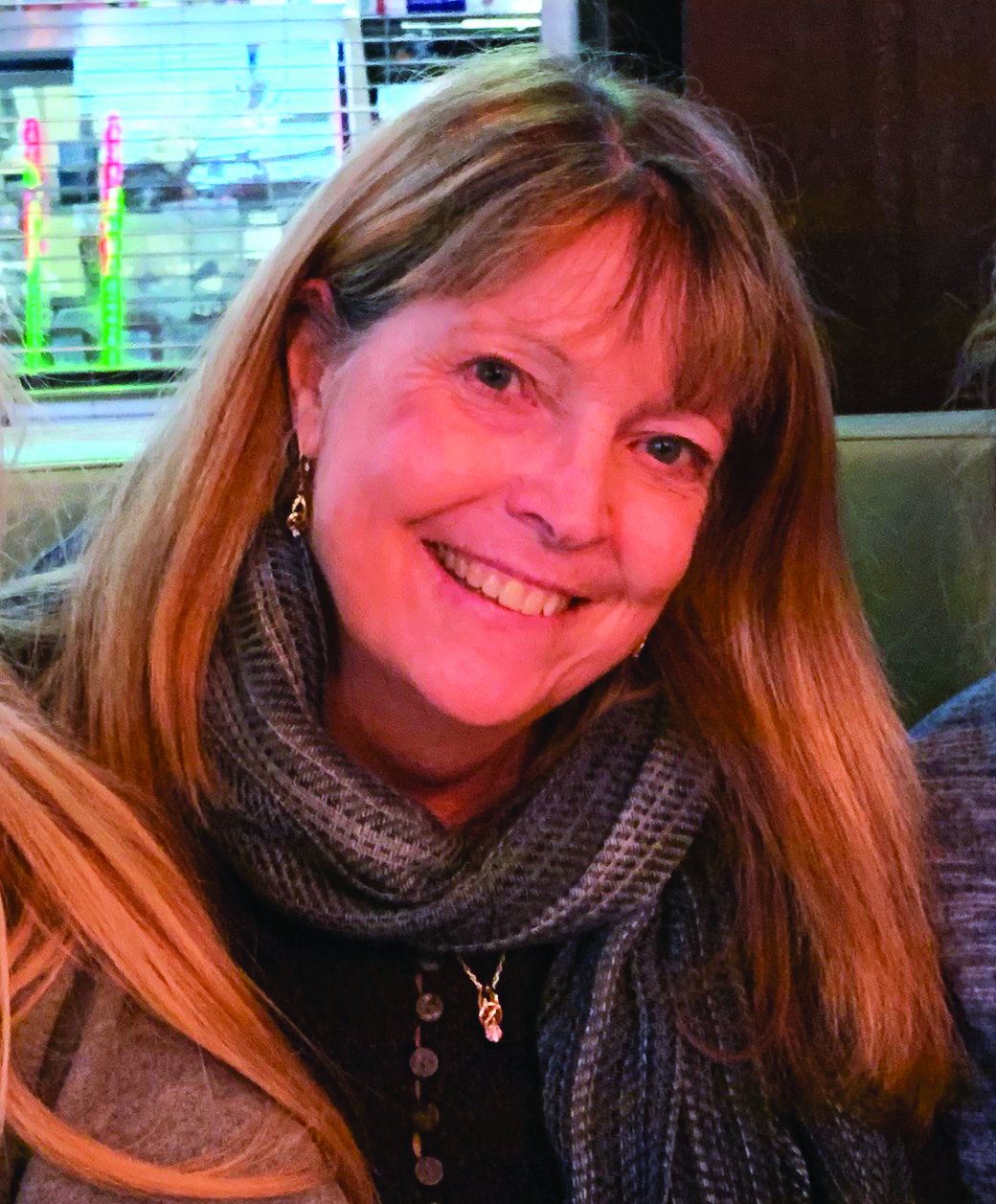Evidence-based practice is dual sided: nurse scientists conduct research, and clinical nurses implement those findings into practice. Working together, they improve care by developing cancer survivorship programs, reducing cancer risk, and assessing cancer care in vulnerable populations. The University of Washington School of Nursing’s (UW SoN’s) partnership with Confluence Health, one of the largest healthcare providers in north central Washington, built a novel program to identify gaps in research and implementation and elicit projects that influence healthcare outcomes.

The program matches PhD and doctor of nursing practice (DNP) students to collaborate in clinical and methodologic project areas, such as literature review and critique, survey methodology, and quantitative or qualitative analysis. It provides a mechanism for measuring the quality and delivery of cancer survivorship care in our area that may be generalized to other rural U.S. communities. Since 2015, almost 30 DNP projects have been completed at Confluence Health, with an additional 11 proposals submitted by mid-2021.
Faculty match PhD and DNP students based on preference working through an office hours format or an ongoing, more in-depth basis with two or three students. From there, PhD candidates serve as consultants as DNP students build their project, and both sides complete a series of courses to provide structure and support. Students learn collaboration and consultation skills, which we hope they use in their postgraduate roles.
DNP projects target organization policies, community engagement, interpersonal and individual factors, and healthcare delivery systems and help to guide best practices in rural communities outside of academic centers. We have engaged with nurse scientists and other researchers throughout Washington to identify evidence-based projects or areas that need practice-driven research. Some implemented projects include:
- Developing an oncology community newsletter template
- Improving the management of recurrent pleural effusions
- Using teledermatology to increase access to dermatologic care in rural communities
- Recognizing and treating serious versus nonserious skin lesions
- Increasing access to behavioral health and other care
Healthcare systems often lack sufficient staff, expertise, and time to address perceived gaps in translating research to practice. Our DNP projects help build the capacity for system analysis, needs assessment, policy development and evaluation, and quality improvement. UW SoN and Confluence Health’s partnership is truly synergistic and has made critical differences for patients, providers, students, and the community by addressing health disparities and barriers to care in rural, underserved communities. By working with researchers and patient care advocates at Confluence Health to bridge gaps in care, our students have improved healthcare delivery in the region, and I envision Confluence Health will continue to support the program by allocating personnel to ensure DNP projects achieve successful implementation.
Editor’s note: The author thanks Hilaire Thompson, PhD, RN, ARNP, AGACNP-BC, FAAN, for her assistance with the article.






